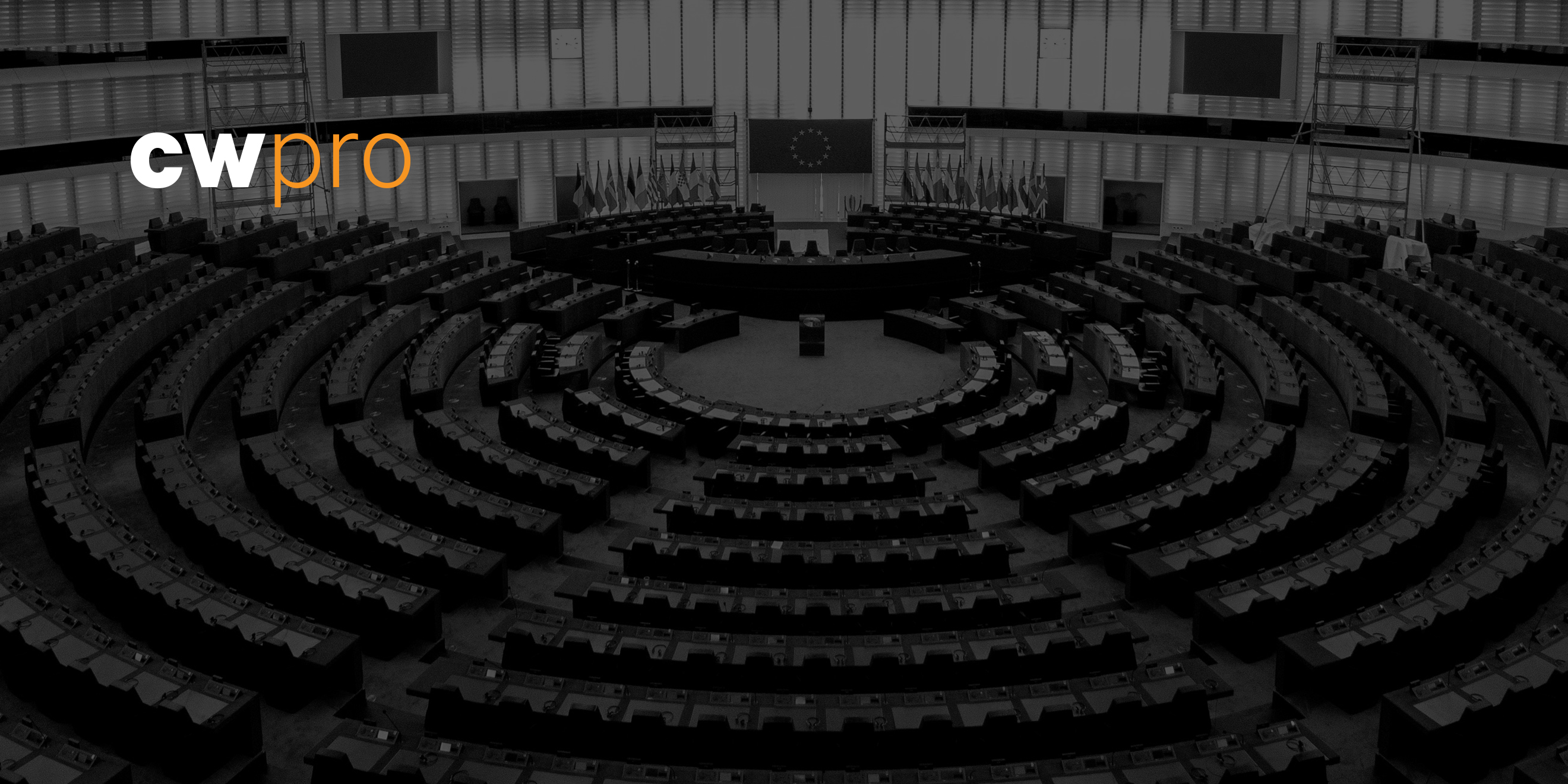Reuters reports that protesters have taken to Iranian streets in the aftermath of the Islamic Revolutionary Guards Corps' shootdown of Ukraine International Airlines Flight 752 on January 8th. Tehran acknowledged responsibility Saturday, characterizing the incident as a tragic case of mistaken identity. The incident and the ensuing protests have rattled the Iranian government, which went so far as to place the British ambassador under arrest for several hours on suspicion of fomenting riots. The BBC reports that Her Majesty's Government has summoned the Iranian ambassador to protest what the British foreign minister denounced as a flagrant violation of international law.
The conflict between the US and Iran is generally expected to be fought largely in cyberspace, as the FBI warns (according to CyberScoop) of the Iranian threat to US networks, and as researchers at security companies detail the extensive battlespace preparation conducted by Iranian operators over the past year. As Ars Technica summarizes such preparation, it consisted largely of password-spraying campaigns against North American power utilities.
The Hill reports that during this period of heightened tension, the US Congress is particularly concerned with determining what counts as an act of cyber war. This question indeed doesn’t have a clearly agreed upon answer, and Congress is mulling the issue as it goes through one of its periodic reassessment of its Constitutional war powers.
An eleventh-hour surge of Chinese propaganda and disinformation directed at Taiwan's presidential elections this Saturday not only fell short of success, but apparently backfired as well. The New York Times reports that President Tsai Ing-wen won reelection on the strength of her support for continued independence. Her reelection had been considered a longshot as recently as a few months ago. Beijing's influence campaign, as flawed as it seems to have been, was probably not as important as the malign example China has offered in its repressive treatment of Hong Kong. That repression appears to have effectively killed thoughts that a one-state, two-systems, arrangement of the kind Hong Kong was supposed to enjoy might be possible.
